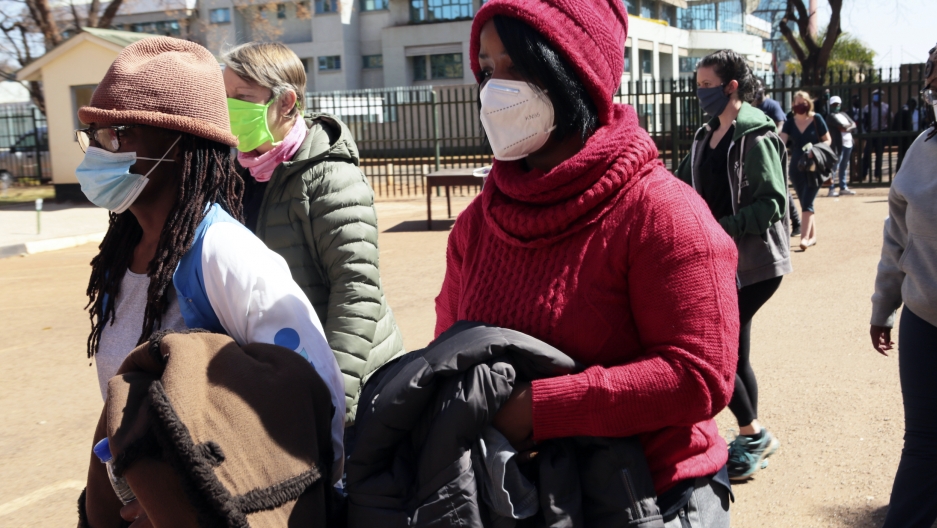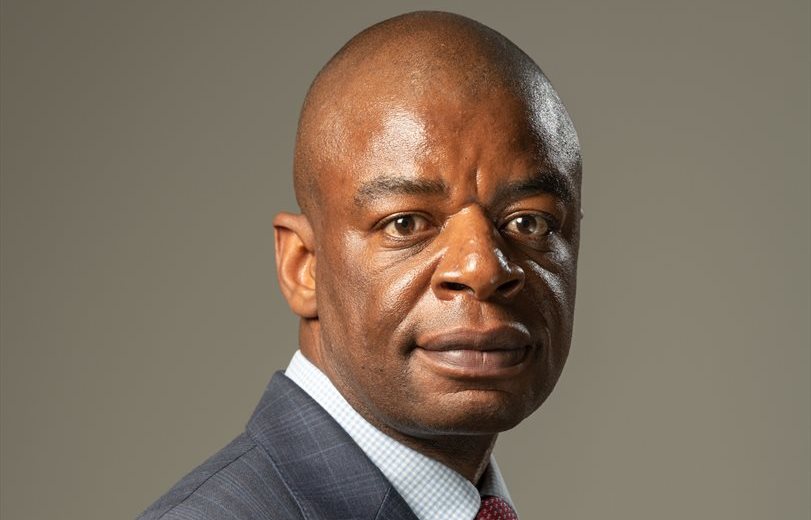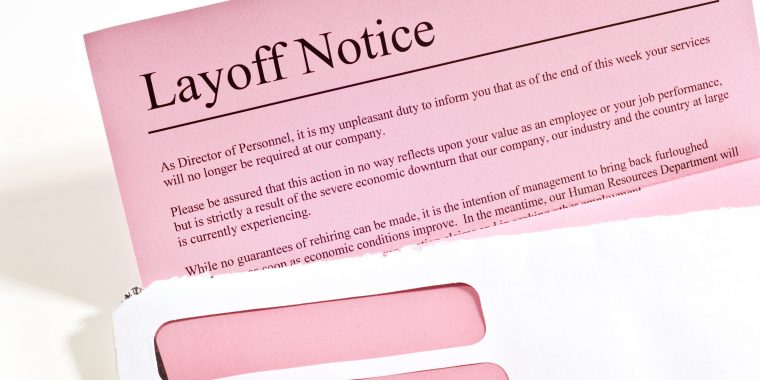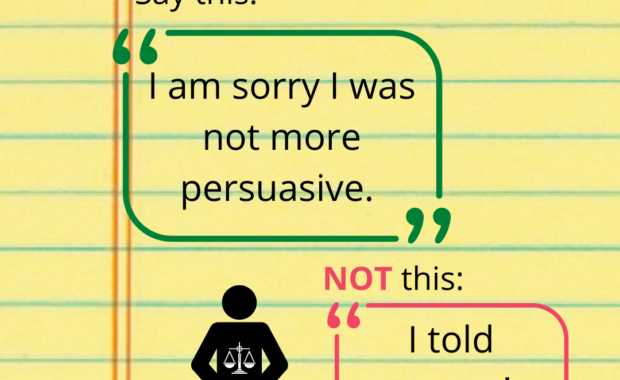As the nation mourns the sad passing away, yesterday 15 January 2020,
of one of the pioneer founding nationalist leaders of Zimbabwe’s
liberation struggle against colonial rule and oppression, Morton Paul
Malianga, I could not help making parallels between this gallant
hero’s impressive history – most particularly, his perilous struggle
journey, and the painful persecution he suffered at the hands of the
racist Ian Douglas Smith’s Rhodesia regime – with the inhuman and
degrading repression today’s human rights defenders are enduring under
a ‘free and independent’ Zimbabwe.
As I read through Malianga’s eulogy – which, was filled with acts of
unquestioned patriotism and devotion towards the emancipation of the
people of this great nation, yet in the face of unthinkable horrendous
persecution, at the behest of the Rhodesian establishment, especially
the constant arrests, and the subsequent ten years he served in prison
– my thoughts immediately went straight to how exactly the same
brazenly cold-hearted repression was being unleashed on such modern
day liberation icons as Hopewell Chin’ono, Job Sikhala, Fadzayi
Mahere, and so many others, who have been repeatedly arrested, merely
for speaking out against state injustices, and corruption in the
corridors of power.
The more I went through Malianga’s tribulations in his valiant walk to
freedom, the history of other liberation struggle stalwarts flooded
into my mind – and, the similarities between their stories, and what
we are witnessing today in Zimbabwe, sent shivers down my spine.
I remembered how the late heroine, Sally Mugabe, was arrested and
jailed for ostensibly insulting the queen of England, Elizabeth II –
for her country’s role, as the colonial power, in the ruthless
oppression of the people of this country.
At the same time, I tried to come up with a possible number of those
arrested for insulting the president of a ‘free and independent’
Zimbabwe – however, I failed to reach a figure, as the numbers were
staggering, and record-breaking.
What more, the laws being used in present day Zimbabwe to persecute
and prosecute all those perceived to have either insulted the
president, or published false information – as is presently the case
with Chin’ono, Sikhala, and Mahere – have long been struck off, and
declared unconstitutional by the Constitutional Court.
Nevertheless, even when those expressing their genuine dissatisfaction
and anger towards the Zimbabwe regime’s rabid mismanagement, wanton
corruption, and gross human rights violations are charged under
existing laws, that does not justify the repression of the people –
as, even under Rhodesia, those Sons and Daughters of the Soil, who
were placed under restriction, arrested, detained, or jailed, were
prosecuted for violating the laws of the country…yet, that could
never justify, or sanitize, this barbaric repression of people, who
were merely fighting for their rights, dignity, and equality in their
own motherland.
Even the liberation struggle itself, was a violation of the law.
That is why, other nationalist icons like Edson Zvobgo, would be so
livid in their condemnation of what he termed, ‘socio-legal’ society –
whereby, repressive and unjust laws were used to further oppress,
marginalize, and disenfranchise the citizenry – which, is exactly what
is being seen in an apparently ‘free and independent’ Zimbabwe.
When a country relies on unconstitutional laws to silence, intimidate,
arrest, and imprison those who express their just demands for an end
to high-level corruption, ruinous economic policies, unfair labour
practices, and the general decay of civil rights – more so, whilst
exercising these rights in accordance to constitutionally enshrined
provisions, such as peaceful demonstrations, freedom of expression and
freedom of the media, freedom of assembly and association (even in
line with COVID-19 regulations) – then, what difference is there with
what people like Malianga, were subjected to under the Rhodesia
regime?
In fact, could we not go further and say that, the Rhodesian scenario
was slightly better, as racist authorities faithfully enforced
existing oppressive laws to the letter – whilst, on the other hand,
our own ‘free and independent’ Zimbabwe government, goes as far as
violating the constitution, and using laws that have been declared
non-existent by the highest court in the land.
In other words, the people of Zimbabwe can justifiably say that, the
country has gone beyond being a mere ‘socio-legal’ establishment – as,
was the case with the Rhodesians – but, rather had morphed into a
completely ‘lawless’ society.
As the nation mourns the great pioneer founding nationalist hero,
Morton Paul Malianga – and, read his brave history, especially the
torment and suffering he was subjected to, by the Rhodesia regime, in
his noble quest for Uhuru for the people of Zimbabwe – let us always
remember that, such persecution and gallantry is what made him a hero
of heroes, and as such, we need to draw parallels with what today’s
human rights defenders are going through under what was supposed to be
a ‘free and independent’ Zimbabwe.
It is clear that, we are witnessing history being written, and
repeated, right in front of our eyes – as, most of us, who had not
been born yet, or were still too young, in the time of Malianga, and
other brave Sons and Daughters of the Soil, in the 1960s and 70s, who
endured immeasurable cruelty and heinous repression, in their fight
for a just society – can witness the same events unfolding, today, as
a new generation of heroes and heroines is created, by the Zimbabwe
regime, as it seeks to replicate what occured under Rhodesia…but,
only this time around, going ten steps further in the wickedness,
thereby creating more heroes than what Smith ever managed.
A few years from now, when a genuinely free and independent Zimbabwe
has been born – whereby, each and every citizen can share equitably in
the vast national cake, their rights, dignity, and wellbeing respected
with sacrosanctity, and with a government that is truly ‘of the
people, by the people, for the people’ – the next generation will also
read the gallant stories of today’s Son and Daughters of the Soil, who
soldiered on in the perilous struggle against a corrupt, ruinous, and
brutal Zimbabwe opportunistic ruling elite, which responded with
cold-hearted ruthlessness, but who never gave up, until a new Zimbabwe
for all was born.
© Tendai Ruben Mbofana is a social justice activist, writer, author,
and speaker. Please feel free to contact him on WhatsApp/Call:
+263733399640 / +263715667700, or Calls Only: +263782283975, or email:
[email protected] com
















 Olga V. Mack is the CEO of
Olga V. Mack is the CEO of 


